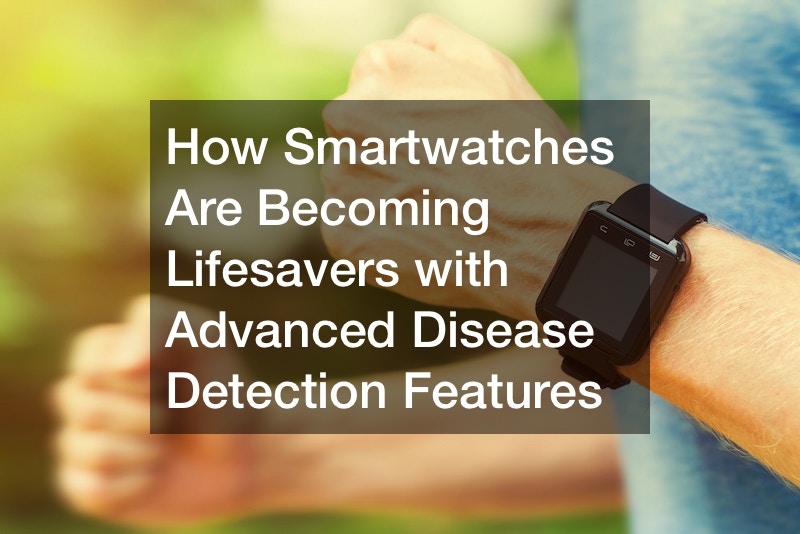In the fast-paced world of health technology, smartwatches have emerged as groundbreaking medical companions, ushering in an era of advanced disease detection and proactive wellness. Companies like Fitbit and Apple are at the forefront, integrating sensors into their smartwatches to monitor an array of health metrics.
Dr. Sumbul Desai, Apple’s Vice President of Health, showcased the transformative capabilities of the Apple Watch. This device now goes beyond simply tracking steps, evolving into true medical devices with features like heart rate monitoring, blood oxygen level detection, and even the ability to perform an electrocardiogram.
The video emphasizes the potential life-saving role of these smartwatches, alerting users to early signs of medical issues such as irregular heart rates, sleep pattern changes, and atrial fibrillation.
Medical device tracking takes center stage in the discussion, with Stanford School of Medicine Professor Michael Snyder leading studies on how wearables can detect various diseases, from infectious diseases to anemia, type 2 diabetes, and potentially cancer in the future. Snyder, who personally experienced the benefits when his smartwatch alerted him to changes in vital signs, advocates for the broader integration of these devices into healthcare practices.
While the potential benefits of smartwatches in disease detection are promising, the article addresses concerns about privacy and data misuse. Apple and Fitbit representatives reassure users that their health data is encrypted and under their control, emphasizing the confidentiality of the information.
In conclusion, medical device tracking is not just a feature; it’s a revolution in personal wellness.
.



